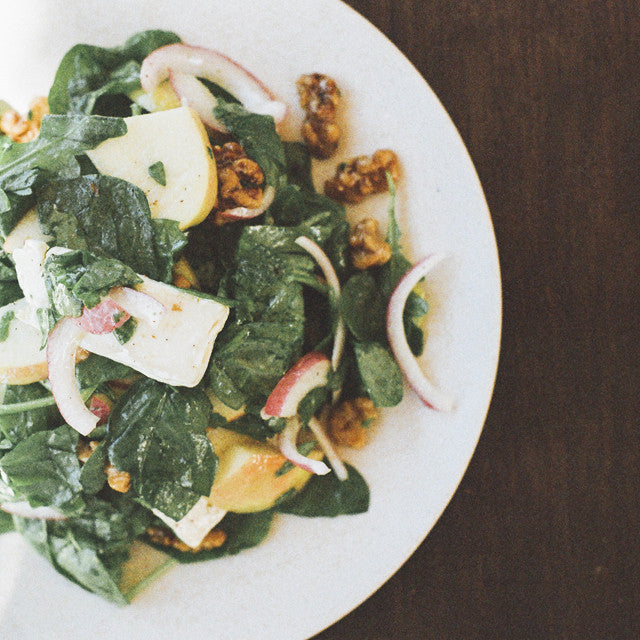Vegan vs. Vegetarian


These days we hear about a huge assortment of diets--raw, paleo, primal, etc.; it’s easy to get confused or assume they’re all variations of the same thing. There are many factors that can lead people to switch to a diet like this, whether its for a lifestyle change, health reasons, or ethical reasons, but changing your diet can be the first step to changing your life for the better.
The two most popular diets today are vegan and vegetarian, with over 7 million people falling into these categories. We hear a lot about vegan or vegetarian diets or lifestyles in the media, but there’s still a lot of confusion about what really defines each one. Let’s look at each individually, and see if you can determine whether this is a lifestyle change that would benefit you.
By definition, vegetarians avoid eating all animal flesh products. This means any meat, poultry, or fish. Within this group, there are three sub-groups of vegetarians that differ based on their decision to eat cheese or eggs, as they are animal byproducts. Lacto-ovo vegetarians eat dairy and eggs, lacto vegetarians eat dairy but avoid eggs, and vegan vegetarians avoid animal products altogether. Most vegetarians still use animal-derived products in other aspects of life, such as wearing a leather belt or a sweater made of wool. Of course, many vary in how much they adhere to these guidelines based on their own individual perspective.
As we previously stated, vegans are technically a sub-group of vegetarians that adhere to a much stricter diet, but in addition to avoiding food products, they carry the avoidance of using animal-based products into other industries, such as clothing or cosmetics.
Vegan diet restrictions include the exclusion of animal flesh products (meat, poultry, fish), or animal byproducts like eggs, dairy, gelatin or honey. A vegan diet consists of staples like fruits, vegetables, grains, and nuts, with many vegans using tofu as a substitute for meat.
While veganism does refer to diet, many that fall within this group view it instead as a lifestyle.
While some change their diet for health reasons (vegan diets are usually high in fiber and low in fats), the overwhelming majority of those who go vegan do it for moral and ethical reasons. Vegans are against the exploitation of animals for use as food or products by humans, and note the cruelty of the meat, poultry and dairy industries as major factors. Some make this change because of the questions about food safety concerning meat and other animal products, and some also go vegan for environmental or religious reasons.
Vegans also refrain from using any non-food products that come from animals, or are tested on animals. So no leather belts or wool sweaters. If that skin product was tested on animals, it will also be avoided by vegan users.
Vegan and vegetarian food has become much more accessible. In the past most thought of these foods as somewhat boring, plain, and undesirable tasting. Today there are a multitude of options for those that follow these stricter diets that allow people to truly enjoy what they’re eating and get the health benefits they want out of it, with many health food stores specializing in these types of diets. With around 7% of the population identifying as vegan or vegetarian, options are surely growing (and tasting better!)
Some studies even suggest that those who stick to a strict vegan or vegetarian diet may have a lower risk of cancer or heart disease. However, there are some downsides to these diets that you should be aware of when changing your eating habits. Vegan diets often lack essential nutrients that come from meat, and in order for these components to find their way into your diet, you may need to take B12 and amino acid supplements. Vegan diets are also low on iron and vitamin D, and it is necessary to find other sources for your diet.
Some view a vegan or vegetarian diet as the first step to improving your health and adopting a better lifestyle. Both have their benefits and show great health improvements, but we’d recommend consulting a doctor or nutritionist before you decide to switch over!
- Austin Peterson







Comments 0